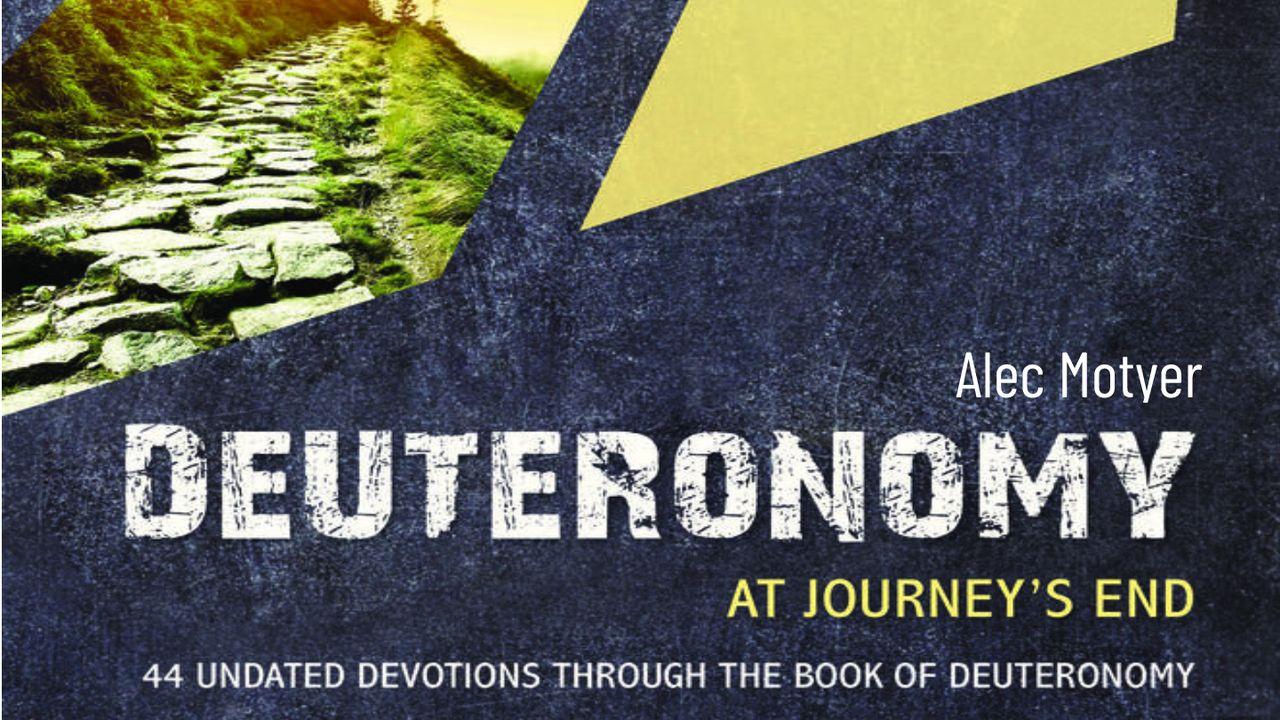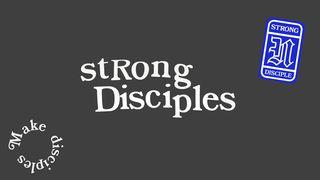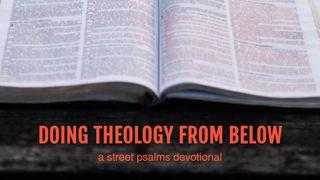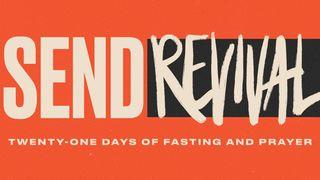Deuteronomy: At Journey's Endਨਮੂਨਾ

One permanent address
If you read straight from 26:19 to 28:1 you will begin to think of chapter 27 as an intruder. Nevertheless it is exactly in place! First, because it links with 11:26–32 in forming part of the ‘frame’ around Moses’ great meditation on the Ten Commandments (12:1 – 26:19), but also because it has something important to say in its own right before we can fully appreciate the seriousness of the blessings and curses of chapters 28–29.
When Israel entered the Promised Land they were directed to make God’s word part of the very fabric of the land given to them (27:1–4). They were to identify Mounts Gerizim and Ebal (vv. 12–13) as at the centre of their new homeland, and remember the two sides of the covenant the Lord made with them: its blessings (for the obedient, 28:1–14) and its curses (on the disobedient, 27:15–26). The centrality of God’s revealed word was not a ‘take-it-or-leave-it’ option; it was the fabric of life. This is what it means to be the Lord’s people, says verse 9: the day they ‘became’ his people was the day they set up the stones on the mounts. When we become Christians, we come inescapably within the embrace of Holy Scripture.
But something else was set up also. On Mount Ebal – the mount of the curses – they were directed to build the Lord’s altar (vv. 4–7). They not only lived under the rule of God’s word but, as Paul puts it, ‘where sin increased, grace increased all the more’ (Rom. 5:20). The Lord who calls us to obedience and consequent blessing knows our weakness, and positions his altar of mercy to coincide with our sin, failure and merited condemnation. Where we fail we can also recommit (the burnt offering, v. 6, symbolises ‘holding nothing back’, cf. Gen. 22:12), find atonement (Lev. 1:4) and re-enter divine fellowship (through fellowship offerings, v. 7). Like genuine silver and gold bear a hallmark, so the people of God advertise their genuineness by obeying (literally, listening to and heeding) and observing his word (v. 10).
Reflection
2 Timothy 3:14 calls us to ‘continue’ in what we have learned – all that we’ve been taught is to take up permanent residence within us. This encompasses, on the one hand, all of Paul’s apostolic teaching, representing the New Testament (‘my teaching’, 3:10), and on the other hand, the Old Testament in which Paul had been instructed since infancy (‘holy Scriptures’, 3:14).
ਪਵਿੱਤਰ ਸ਼ਾਸਤਰ
About this Plan

In these daily undated devotions, Alec Motyer explores the timeless truths of Deuteronomy and applies them to our lives today. Just as the Israelites did, we can appreciate the wonder of God’s grace to us through repentance, experience His committed love for us, and learn more about walking in His ways.
More









